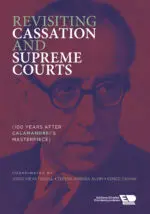
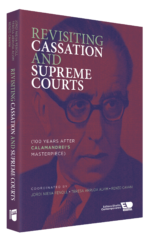
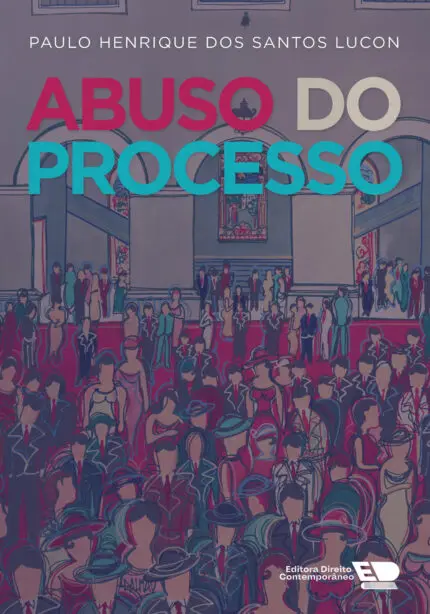
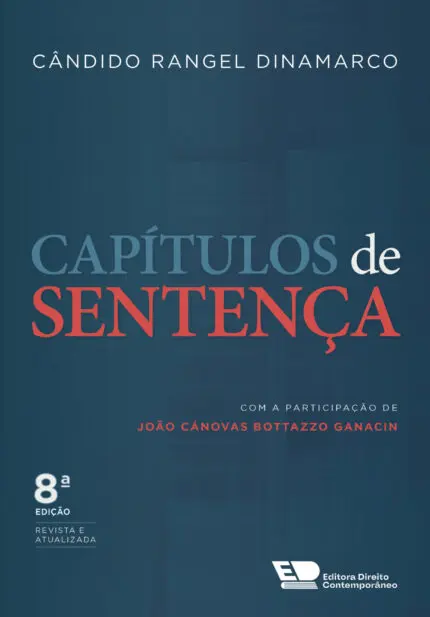
Revisiting Cassation and Supreme Courts (100 years after Calamandrei’s Masterpiece)
R$299,00 O preço original era: R$299,00.R$209,00O preço atual é: R$209,00.
PIERO CALAMANDREI (Florence, 21 April 1889 – Florence, 27 September 1956) was a brilliant jurist, as well as a legal and procedural theorist. He was also a journalist, a politician and university teacher. To this day, his contributions influence scholars and legal systems around the world.
He was a member of the board of Rivista di Diritto Processuale Civile alongside Francesco Carnelutti and broadly disseminated the teachings of his great master, Giuseppe Chiovenda.
In addition, together with Carnelutti and Enrico Redenti, he participated actively in the discussions regarding the reform of Italian civil procedural law, culminating in the code of 1940, as well as representing a prominent political figure in the Constituent Assembly that passed the first Democratic Constitution of the Italian Republic in 1947.
Hence his intense connection with the origin of constitutional procedural law, a perspective of study that is now dominant throughout the world.
He wrote the famous work “Elogio dei giudici scritto da un avvocato”, containing teachings on life and professional relationships that are always recalled and cited by Brazilian law scholars, mainly after it was translated into Portuguese.
However, greater emphasis must be placed on his technical procedural contributions to the study of court rulings, the subject of several of Calamandrei’s important texts, and of the control of judgments, notably from the work “Cassazione civile”, the source of inspiration for this work.
Aside from its historical roots, Calamandrei sought to make clear that the cassation’s main aim is precisely to control the compliance of court rulings with the literal provisions of the law.
As one knows, the original notion of the cassation courts, both French and Italian, was to control the freedom of judges, preventing them from meddling in the activities of the legislative branch. Interpretation was forbidden.
Today, we observe these ideas and ideals coming to fruition in the nomophylactic function of the courts, which have to guarantee the uniformity, equality and predictability of the law and, therefore, legal certainty, asserting the essence of what is meant by case law.
Calamandrei richly and comprehensively describes the original role of the cassation courts that are, intrinsically, the source of inspiration for all the existing upper courts, both cassation and appellate courts. Understanding these original roles undoubtedly helps us to better understand what happens nowadays and to what extent we have veered away from the original model.
Part of the importance of this collected work lies precisely in the fact that many authors prove that the need to move away from the first notion of the court of cassation, which did indeed take place in many countries, arose from social changes with which the original model could no longer cope.
Clique aqui para acessar o SUMÁRIO COMPLETO
Observação: obra em inglês
Descrição
Ano 2024, 1ª Edição, 280 páginas
ISBN 978-65-85269-06-3, Dimensões: 16×23, Acabamento: Brochura, Miolo: Pólen
TABLE OF CONTENTS
- FOREWORD (Jordi Nieva Fenoll, Teresa Arruda Alvim and Renzo Cavani)
- ON THE EVOLUTION OF THE COURT OF CASSATION (Michele Taruffo)
- NOMIFILAXIS, THE PROTECTION OF LEGAL RULES, AND THE REFORM OF THE CASSATION APPEAL (Sergio Chiarloni)
- JUDICIAL PRECEDENT IN COMPARATIVE PERSPECTIVE: BRIEF PROPOSALS FOR A STARTING POINT (Luca Passanante)
- JOINING THE PAST AND THE FUTURE: SOME PROSPECTS FROM THE FRENCH CASSATION (Frédérique Ferrand)
- THE ENGLISH ORIGIN OF FRENCH CASSATION (Jordi Nieva Fenoll)
- THE UNITED KINGDOM SUPREME COURT, ITS PROCESSES, PRECEDENT AND REFORM (John Sorabji)
- QUAESTIO FACTI, QUAESTIO IURIS IN APPEALS TO THE SUPREME COURTS (Teresa Arruda Alvim)
- ACCESS ‘FILTERS’ AND INSTITUTIONAL PERFORMANCE OF THE SUPREME COURTS (Leandro J. Giannini)
- WHAT IS A “PRECEDENTE COURT”? SOME REFLECTIONS ON COMPARATIVE PROCEDURA LAW AND THEORY OF PRECEDENT (Renzo Cavani)
English translation of the latest updated Spanish version – “La cassación hoy, cien años después de Calamandrei”
Coordinated by JORDI NIEVA FENOLL, TERESA ARRUDA ALVIM and RENZO CAVANI
Informação adicional
| Peso | 854 g |
|---|---|
| Dimensões | 22 × 16 × 3 cm |


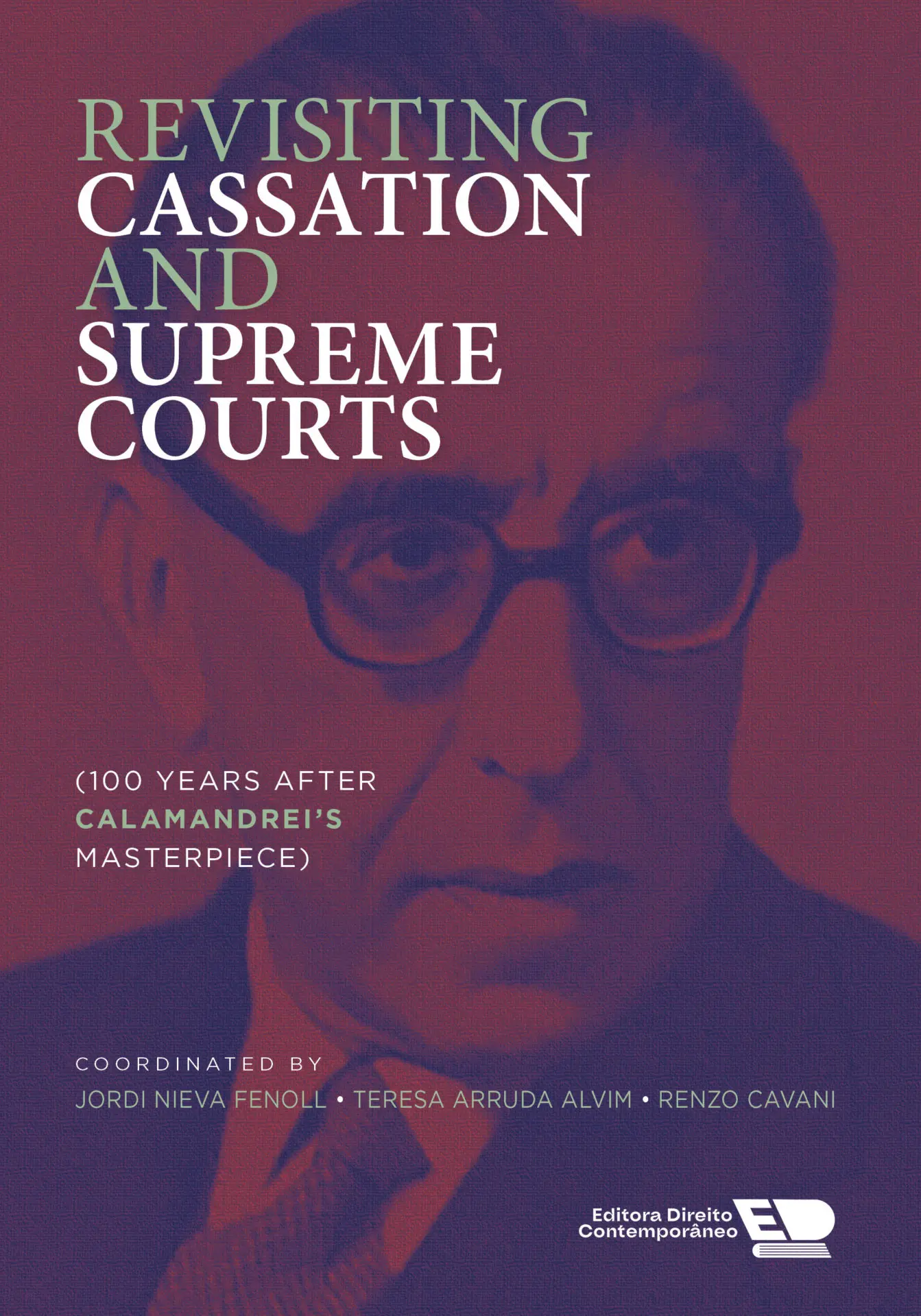
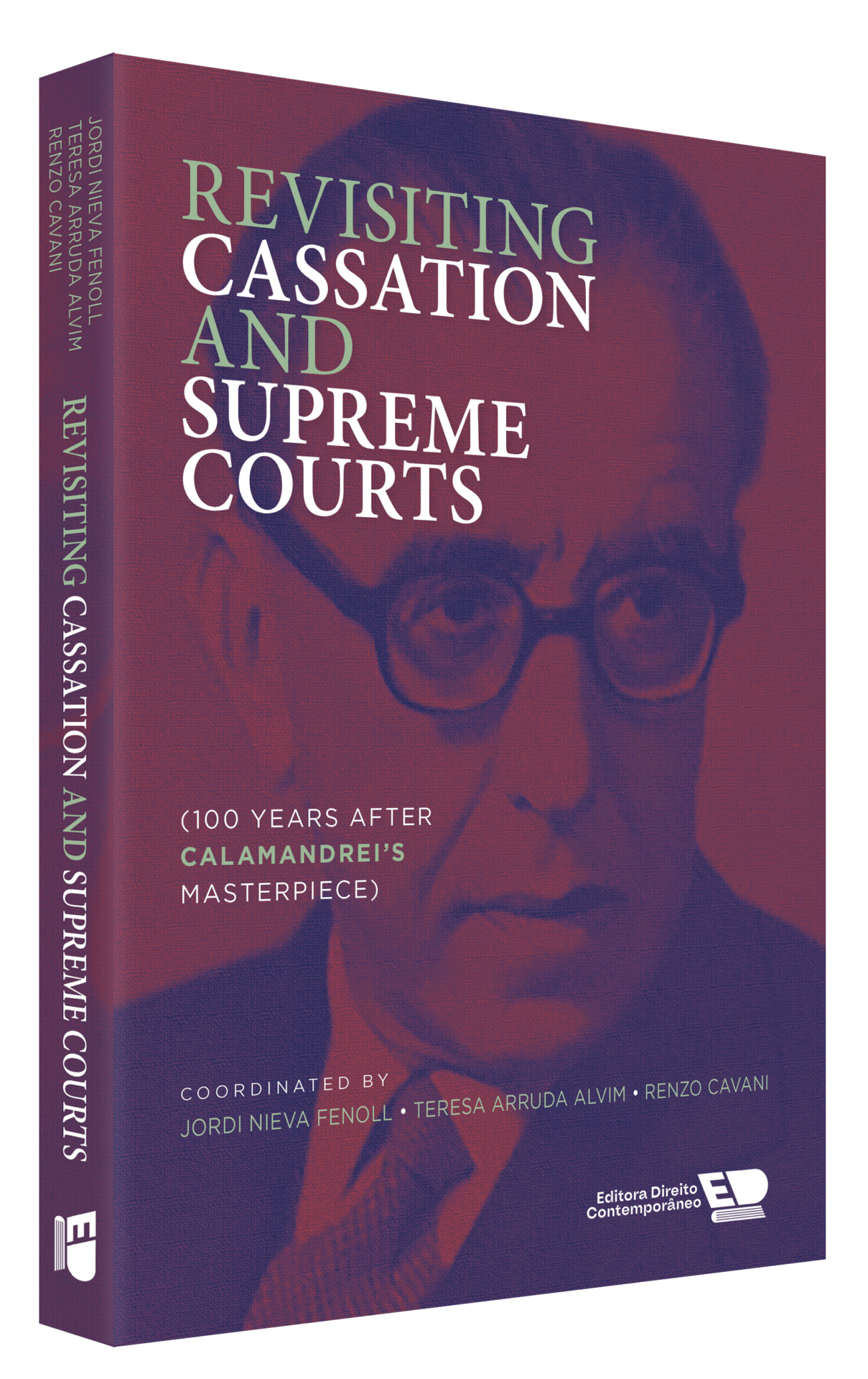
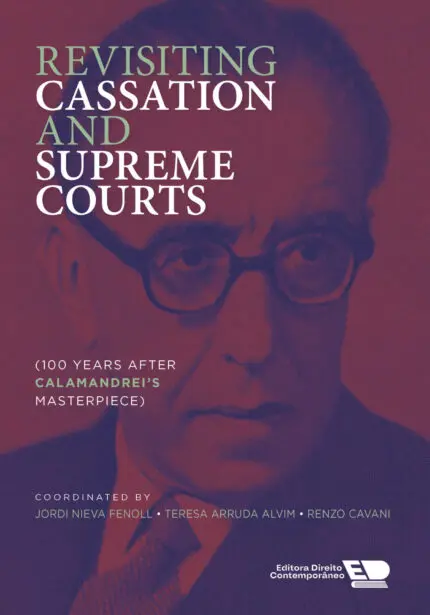
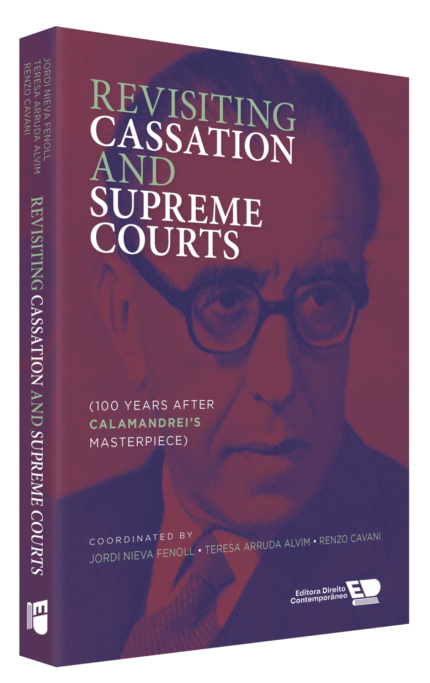
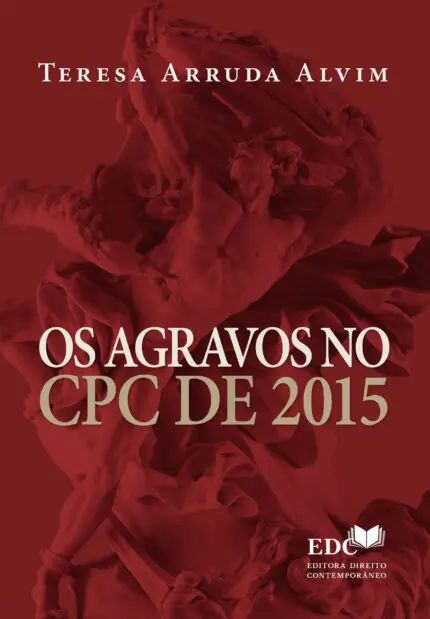

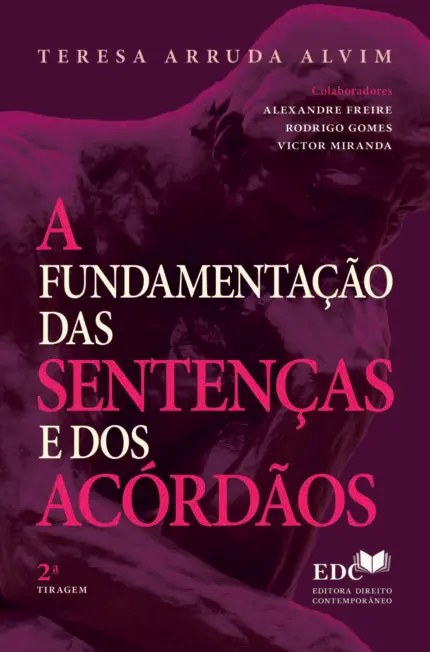

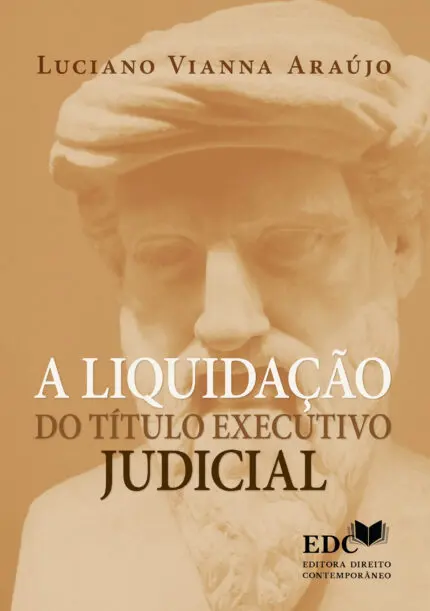
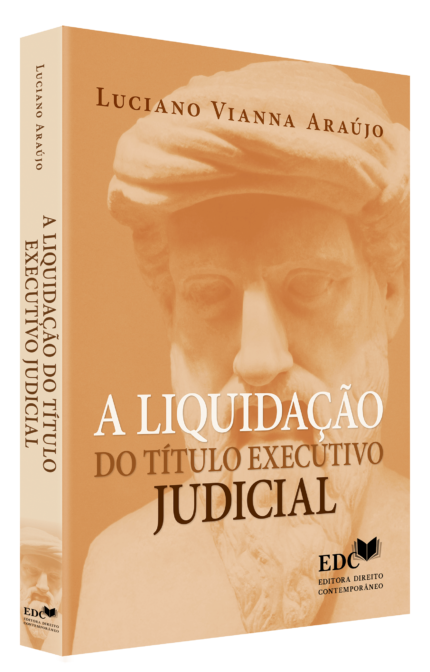


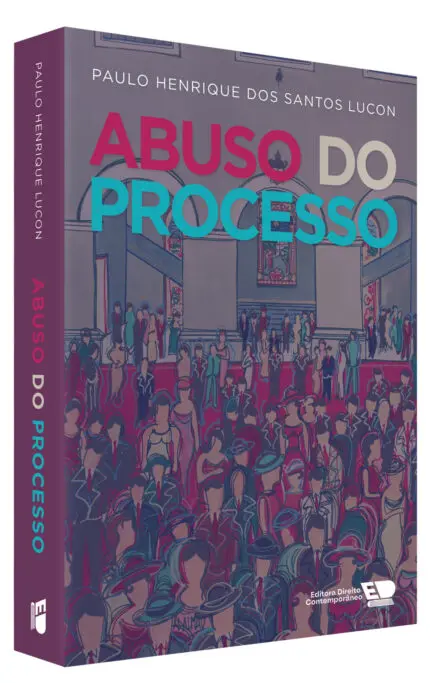
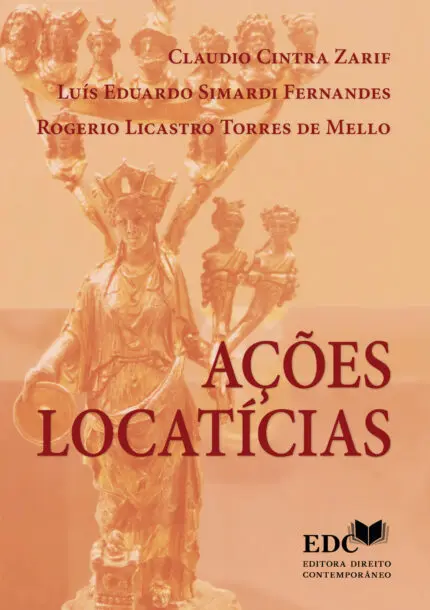

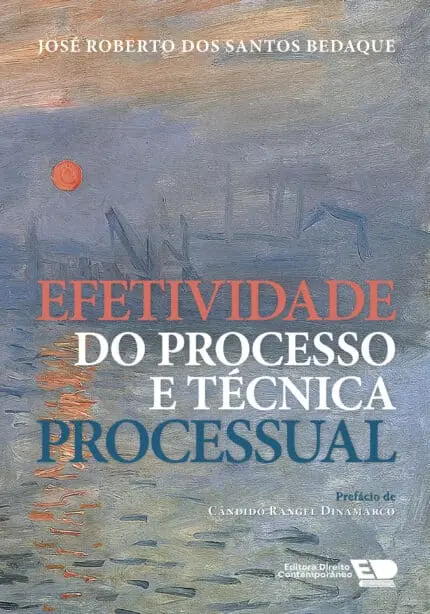

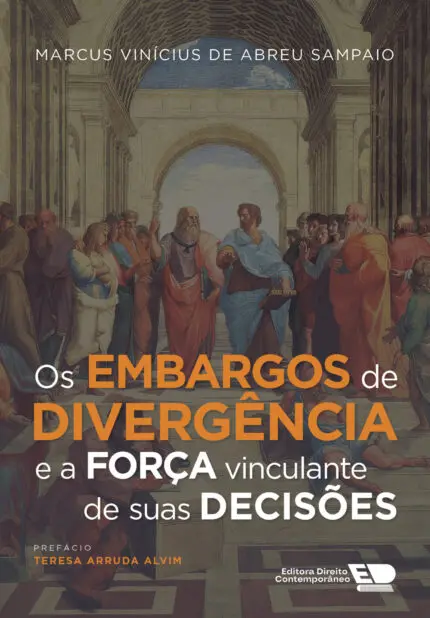
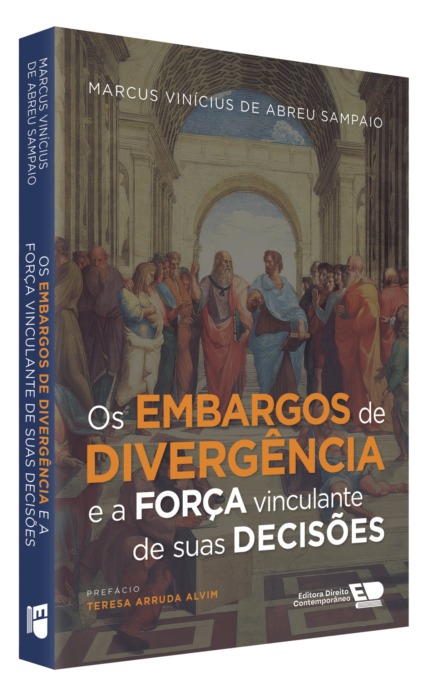
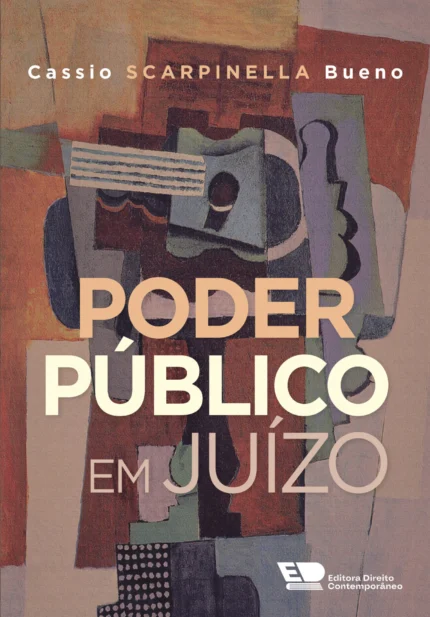
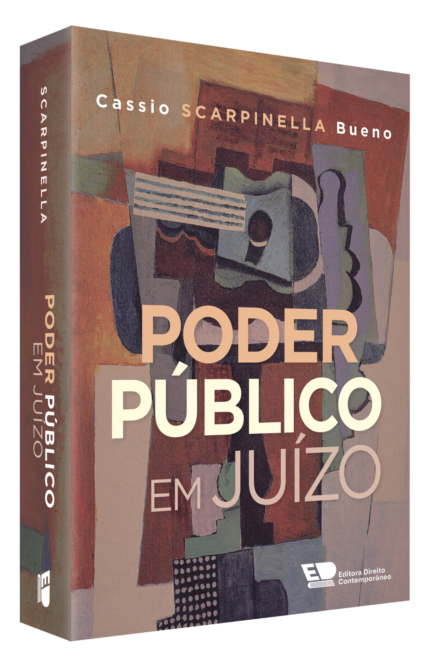
Avaliações
Não há avaliações ainda.